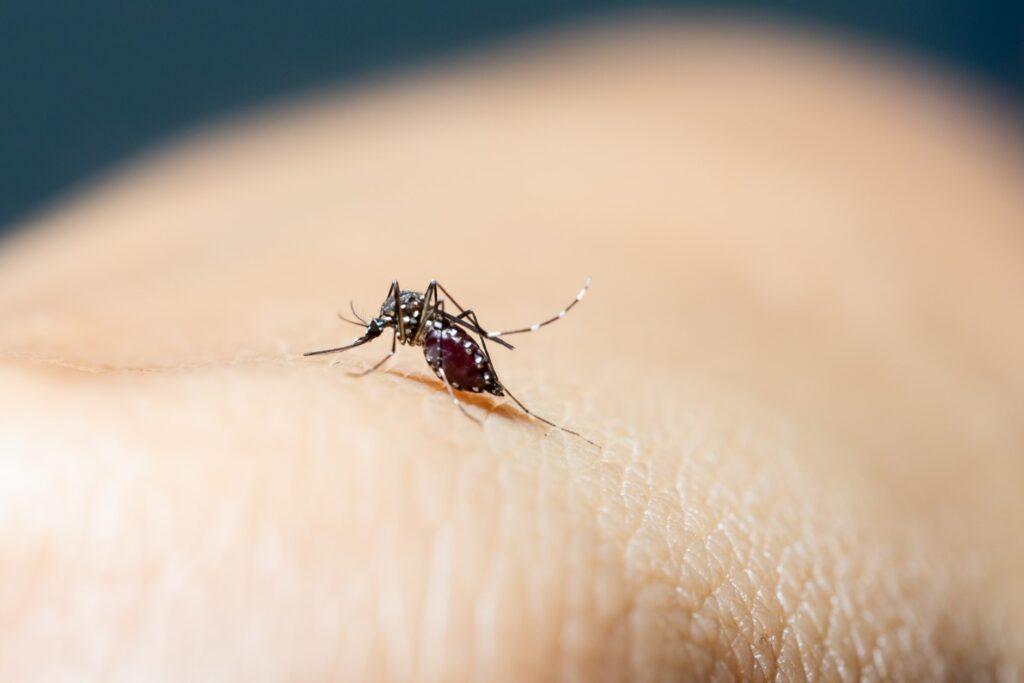Introduction
Malaria fever is a serious illness caused by parasites spread through mosquito bites. It affects millions of people worldwide, especially in tropical regions. Because malaria fever can lead to severe health problems, it is important to know its symptoms, causes, and ways to prevent it. Early diagnosis and treatment can save lives. In this blog, you will learn about malaria symptoms, how it spreads, diagnosis, treatment options, and tips to prevent malaria.
What is Malaria Fever?
Malaria fever is an infection caused by Plasmodium parasites. These parasites enter the body through the bite of an infected Anopheles mosquito. Once inside, they travel to the liver and then infect red blood cells. As a result, people with malaria often experience cycles of fever and chills. Malaria is common in areas with warm climates, such as Africa, Asia, and South America. However, travelers to these regions can also get malaria.
Symptoms of Malaria Fever
Malaria symptoms usually appear 10 to 15 days after a mosquito bite. However, in some cases, symptoms may show up later. Early signs can be mild and similar to the flu. But malaria can become severe if not treated quickly. Common symptoms include:High fever that comes and goesChills and sweatingHeadacheMuscle achesFeeling tired or weakNausea and vomitingDiarrheaAbdominal painYellow skin or eyes (jaundice)Fast breathing or rapid heartbeat
Sometimes, malaria can cause confusion, seizures, or even coma. Therefore, it is important to seek medical help if you notice these symptoms, especially after visiting a malaria-prone area.
Causes and Transmission
Malaria fever is caused by five types of Plasmodium parasites. The most dangerous type is Plasmodium falciparum. The disease spreads when an infected mosquito bites a person and passes the parasite into their blood. In rare cases, malaria can also spread through blood transfusions, organ transplants, or from mother to baby during birth. However, mosquito bites are the main cause. Malaria is more common in places with warm temperatures and standing water, where mosquitoes breed easily.
How Malaria Fever is Diagnosed
Doctors diagnose malaria by checking your symptoms and travel history. If you have been to a malaria-risk area, they may order blood tests. These tests look for malaria parasites in your blood. Some tests can give results in just 15 to 20 minutes. Early diagnosis is important because it helps start treatment quickly. If you feel sick after traveling to a tropical region, tell your doctor right away.
Treatment Options for Malaria Fever
Malaria treatment depends on the type of parasite and how severe the illness is. Doctors usually prescribe antimalarial medicines. Some common medicines include:Artemisinin-based combination therapies (ACTs)Chloroquine (for certain types of malaria)QuinineMefloquinePrimaquine (to prevent relapse)
Most people recover fully with the right treatment. However, severe malaria may need hospital care. In some cases, doctors give medicines through a vein (IV). It is important to finish all medicines, even if you feel better. This helps prevent the disease from coming back.
Prevention Tips and Lifestyle Guidance
Preventing malaria is better than treating it. Here are some simple tips to lower your risk:Use insect repellent on skin and clothingSleep under a mosquito net, especially in high-risk areasWear long-sleeved shirts and pants at nightStay indoors during peak mosquito hours (dusk and dawn)Remove standing water near your home to stop mosquito breedingTake preventive malaria medicine if traveling to a risk area (ask your doctor)
Additionally, travelers should check malaria risk before visiting new places. The CDC and WHO offer up-to-date travel advice. Following these steps can help you avoid malaria fever.
When to See a Doctor
If you have a fever, chills, or flu-like symptoms after visiting a malaria-prone area, see a doctor right away. Early treatment can prevent serious problems. Even if you took preventive medicine, malaria is still possible. Therefore, do not ignore symptoms. Quick action can save lives.
Consult a healthcare professional for personalized advice on malaria fever.

